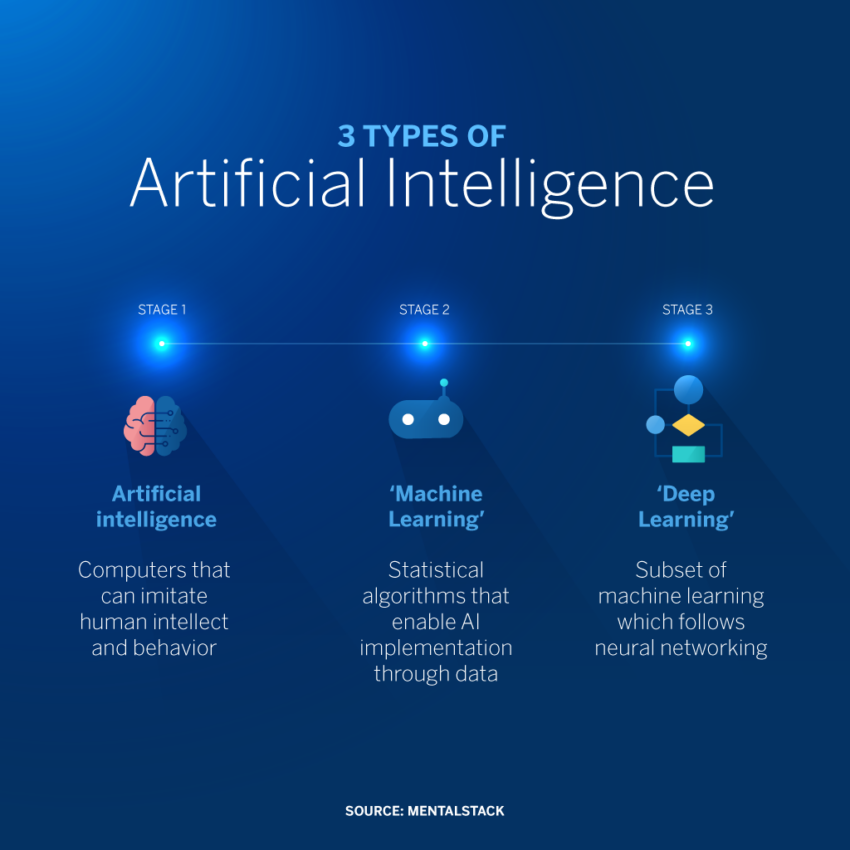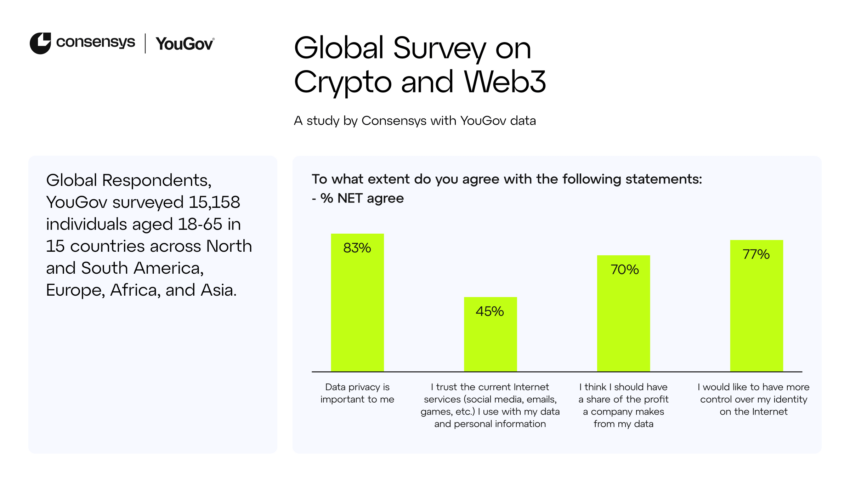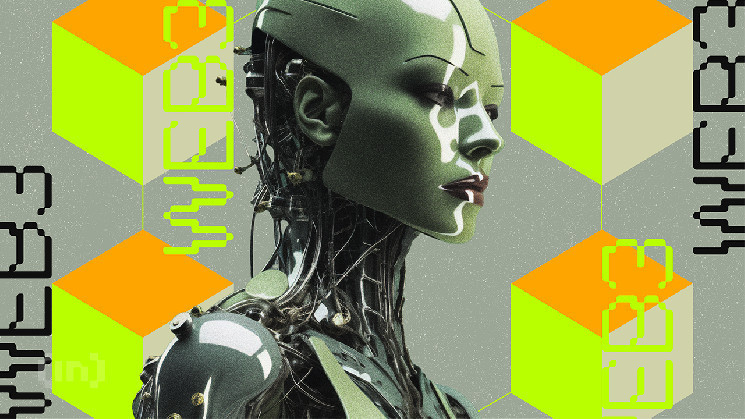It has become clear that in this era of the digital age, Artificial Intelligence (AI) is becoming increasingly important in all of our lives. The call to integrate the ‘decentralization and democratization’ of blockchain with AI has been strongly voiced by Jasper De Maere, research leader at Outlier Ventures.
De Maere recently shared his thoughts on this necessity of Yahoo Finance’s future focus.
AI capabilities and shortcomings
De Maere explains this, pointing out the “questionable data privacy and data security practices” inherent in centralized AI systems.
“AI is great, but it also has some shortcomings,” he said.
His insights reveal a growing consensus among experts on the need to rethink how we manage and secure the capabilities of AI.

Different types of AI and their capabilities. Source: Mentalstack
Centralized AI, as highlighted by Gary Gensler, chairman of the U.S. Securities and Exchange Commission, could pose a significant threat to the financial system.
Read more: Will AI replace humans?
Gensler believes this is due to the creation of a ‘monoculture’ in which dependence on a handful of AI models could cause systemic vulnerability.
“I believe it is probably inevitable that, measured on the fingers of one hand, if not two or three, we will have large base models, and separately the data aggregators,” he said.
This vulnerability underlines the need for a shift to more resilient, decentralized infrastructures. This is an evolution that blockchain technology is uniquely positioned to facilitate.
Blockchain’s potential to revolutionize AI also goes beyond just improving security and privacy. De Maere proposed using blockchain as:
“A transparent and immutable database for storing IP information.”
This could ensure the integrity and authenticity of AI-generated content. It’s an approach that addresses the complex issue of intellectual property rights in the digital age, where AI-generated art and content is spreading rapidly.
Data privacy a growing problem
Demands for greater control over online identities and data privacy are growing louder. A global survey by Ethereum technology provider ConsenSys found that 79% of respondents wanted more control over their online identity. The vast majority also prioritize data privacy.

Global research into crypto, web3 and data privacy. Source: Consensys
These findings further underline the critical public interest in the principles that blockchain offers: ownership, privacy and democratization of access.
Read more: The top Web3 privacy challenges and how to overcome them
Integrating AI with blockchain can solve existing problems and pave the way for a future where technology empowers rather than restricts users. De Maere foresees a synergistic potential where the convergence of AI and blockchain,
“Is actually where the future is going.”
Overall, this vision aligns with the broader technology community’s push for Web3: a decentralized, user-supported version of the Internet.

